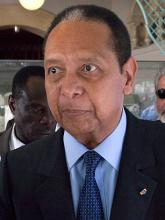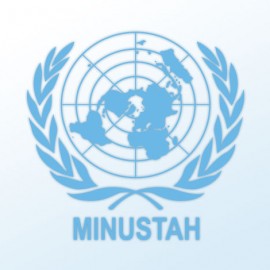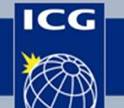French Bank to Study Its Role in Haiti After NYT Report
A bit late in posting this, but in response to the recent New York Times series, a major French bank is hiring researchers to look into the history of its involvement in Haiti. It is not straight-forward given mergers and the loss of almost all relevant documentation over the years, hence the need for outside expertise. Haiti's history is one of exploitation by individual, institutions, and countries. As the article by Matt Apuzzo points out, foreign banks have played a significant role in maintaining an ecosystem of exploitation. This investigation is welcome and would not be happening without the NYT journalists and their reporting.









